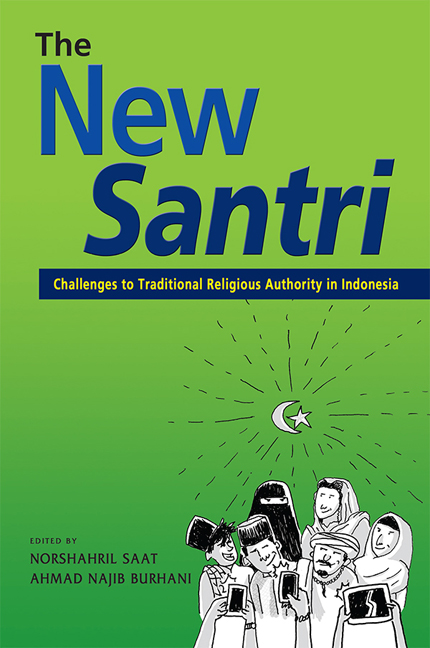1 - Introduction
Published online by Cambridge University Press: 24 November 2020
Summary
Mills (1956, pp. 2–3) defines the power elite as “men whose positions enable them to transcend the ordinary environments of ordinary men and women; they are in positions to make decisions having major consequences.” This definition applies to religious authority as well, but with divine and legal dimensions added, as Marc Gaborieau (2010, p. 1) defines, is “the right to impose rules which are deemed to be in consonance with the will of God”. Authority here is certainly different from sheer power, or the use of force or violence, but the art of persuasion. A person with the said authority will be listened to, followed, and obeyed, not because of intimidation, money, or servitude, but because of shared values. People submit to a certain religious authority willingly and voluntarily because they believe he is the guardian of God's law, if not the voice of God on earth.
In Christianity, the institutions of authority that determine religious matters are councils or synods. Sunni Islam does not recognize such authoritative body because the gatekeepers of religion vary from one group or sect to another. Religious authority can refer to an individual ulama (ustadz) or Islamic organizations. Some of these ustadz serve as bureaucrats and received their appointments from the state, thus they can be referred to as “official ulama” (Norshahril 2018). In the case of Indonesia, the personalities can be learned individuals such as the late Haji Abdul Malik Karim Amrullah (Quranic exegete and novelist), Professor Quraish Shihab (an exegete of the Quran), the late Nurcholish Madjid (professor of Islamic studies) or Abdurrahman Wahid (former Indonesian President); or organizations such as Muhammadiyah, Nahdlatul Ulama (NU), and the Council of Indonesian Ulama (MUI). Religious authority, in different Muslim communities, can also refer to the habaib (descendants of the Prophet), imam or marja’ (in Shia Muslim), and caliph (in Ahmadiyya). Traditionally, religious authority can be acquired and exercised by knowledgeable and devout Muslims. The construction of religious authority, as explained by Peter Mandaville (2007, p. 101), is conventionally based on “the interaction between text, discursive method and personified knowledge, with constructions of the authoritative in Islam seen as combining these ingredients to varying degrees and in diverse configurations”.
- Type
- Chapter
- Information
- The New SantriChallenges to Traditional Religious Authority in Indonesia, pp. 1 - 10Publisher: ISEAS–Yusof Ishak InstitutePrint publication year: 2020

